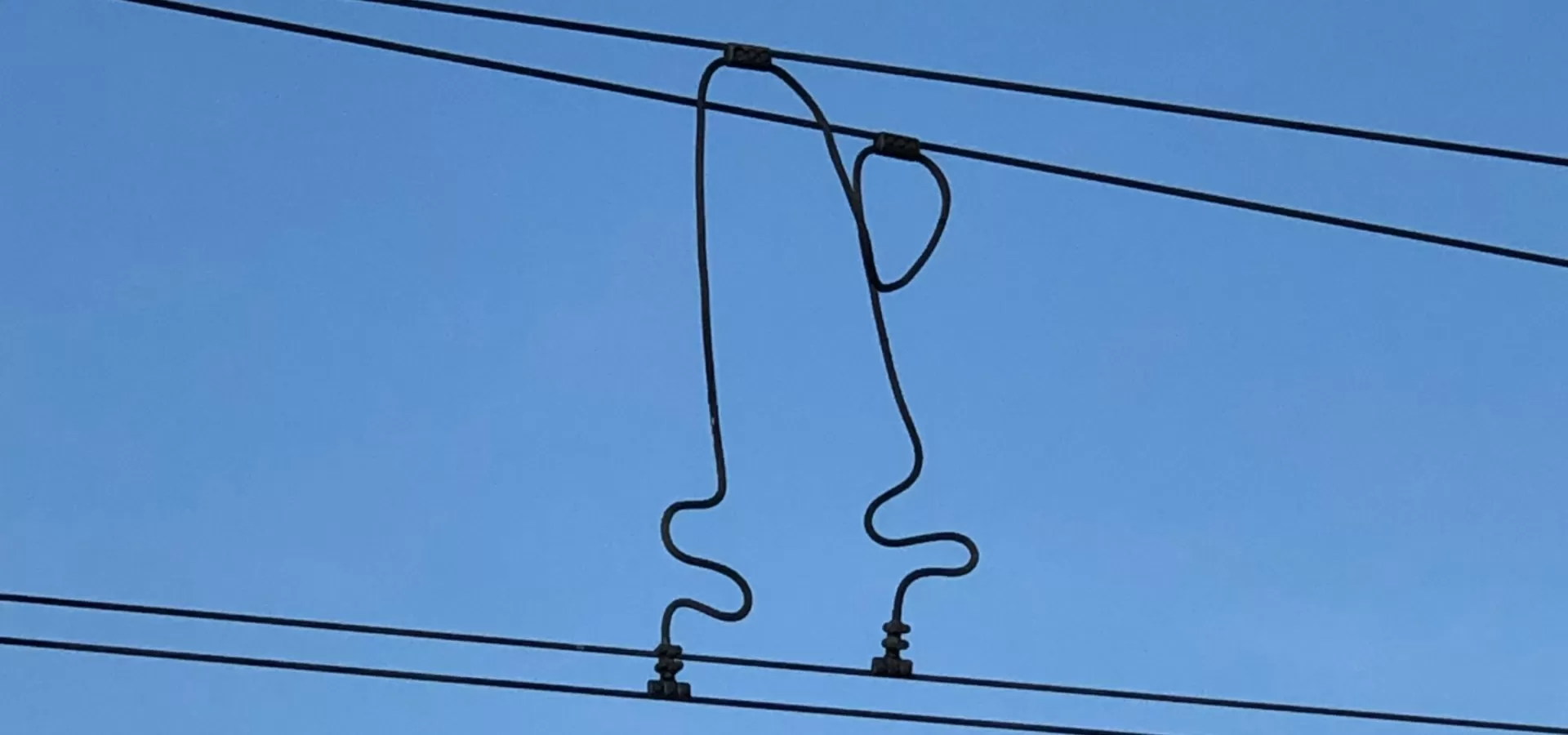Despite decades of reform and progress towards gender equality, the gender pay gap (GPG) continues to persist as a stubborn and unjust feature of labor markets around the world. On average, women are paid less than men for the same work, with the gap varying in size across different countries and industries. This disparity not only affects women’s financial stability and career advancement, but it also has wider implications for society as a whole. In order to truly achieve gender equality, it is crucial to address and close the gender pay gap. And one key factor that can make a significant difference in this effort is the role of intermediaries.
Intermediaries, also known as middlemen or intermediaries, play a crucial role in connecting job seekers with employers. They can be recruitment agencies, job boards, or even social networks. In today’s digital age, intermediaries have become an integral part of the job market, with many job seekers relying on them to find employment opportunities. However, their role in addressing the gender pay gap is often overlooked.
One of the main reasons for the persistence of the gender pay gap is the lack of transparency in the hiring and salary negotiation process. Studies have shown that women are less likely to negotiate for higher salaries compared to men, which can be attributed to societal expectations and gender stereotypes. This is where intermediaries can play a crucial role in bridging the gap.
Intermediaries can act as a neutral party in the hiring process, providing job seekers with information about the salary range for a particular position and advocating for fair compensation. By providing this information upfront, intermediaries can empower women to negotiate for better salaries and close the gender pay gap. Additionally, intermediaries can also educate employers about the importance of fair pay and encourage them to adopt gender-neutral hiring and salary policies.
Another way intermediaries can help close the gender pay gap is by promoting diversity and inclusion in the workplace. By actively seeking out and promoting job opportunities to underrepresented groups, such as women and minorities, intermediaries can help break down barriers and create a more diverse and inclusive workforce. This, in turn, can lead to a more equitable distribution of pay and opportunities for all employees.
Moreover, intermediaries can also play a crucial role in addressing the motherhood penalty, which is a major contributor to the gender pay gap. Women often face discrimination and lower pay after returning to work from maternity leave, which can have a long-term impact on their earning potential. Intermediaries can work with employers to create policies and practices that support working mothers, such as flexible work arrangements and on-site childcare facilities. By doing so, they can help women maintain their career progression and reduce the motherhood penalty.
In addition to their role in the hiring process, intermediaries can also contribute to closing the gender pay gap by providing training and development opportunities for women. Many intermediaries offer career development programs and workshops that can help women build their skills and confidence, making them more competitive in the job market. This can lead to better job opportunities and higher salaries for women, ultimately helping to close the gender pay gap.
It is also important to note that intermediaries themselves need to address any gender biases within their own organizations. They should strive to have a diverse and inclusive workforce, with equal opportunities for men and women in leadership positions. This not only sets a positive example for other employers but also ensures that intermediaries are actively working towards closing the gender pay gap.
In conclusion, intermediaries play a crucial role in addressing and closing the gender pay gap. By providing information, promoting diversity and inclusion, supporting working mothers, and offering training and development opportunities, intermediaries can help women overcome the barriers that contribute to the gender pay gap. It is essential for all stakeholders, including governments, employers, and job seekers, to recognize the important role intermediaries play in achieving gender equality in the workplace. Only by working together can we truly close the gender pay gap and create a more equitable and fair society for all.

